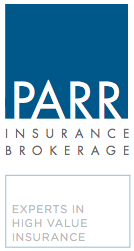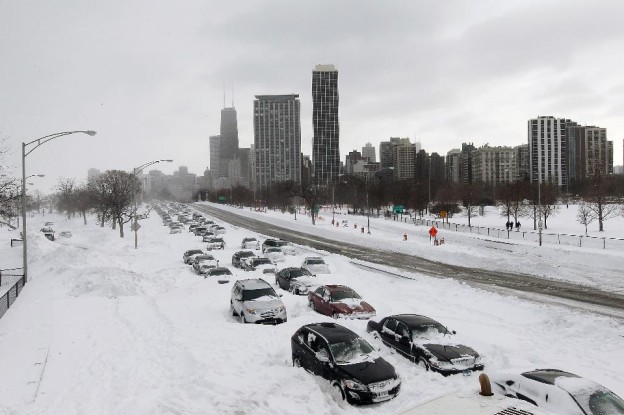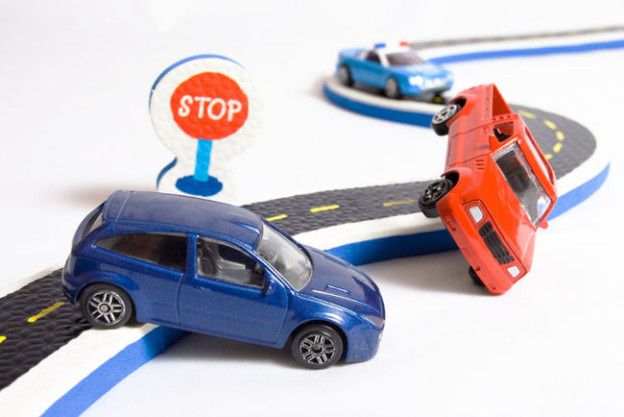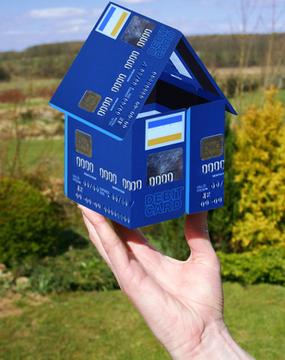
Art collectors covet and, conversely, want to share the works they painstakingly acquire and cherish. This act of sharing important pieces from a private collection may be altruistic, but also has quantifiable value. Allowing experts to inspect and appraise lent work can uncover little known details about history or provenance and could increase the value or desirability of a piece considerably. There are many factors to consider when loaning one of your treasured works to a museum or gallery, so Chubb, one of the world’s premier fine art insurance carriers, offers a checklist on how to protect yourself against potential losses.
- Is the work of art stable to withstand travel? While the curator may want the work of art because it is important to the context of a show, the museum conservator is key in determining the stability of the piece to travel. Ask the conservator to provide a fully detailed condition report before the work has left your possession.
2. How will your work of art be displayed? Ask about security cases, security screws, location of the objects in relationship to visitor flow, and distance from the viewing public.
3. Will the museum travel the exhibition, including your work, to other facilities? If so, obtain the same security-related details for every location where your work would be displayed.
4. Ask the museum for a facility report and for information about its security systems and procedures.
5. Obtain specific information about the museum’s insurance policy. This is especially important overseas, where many state-owned museums, such as the one housing the Munch paintings in Oslo, do not purchase insurance covering theft and other perils. Is the coverage wall-to-wall and would it respond to terrorism-related losses? Which company underwrote the insurance policy, and what is its financial security? Has the museum not addressed certain recommendations made by the insurer, and if so, what impact may that have on coverage if there is a loss?
6. Is the exhibition insured through the U.S. Indemnity program? This program authorizes the Federal Council on the Arts and the Humanities to make indemnity agreements with individuals, non-profit, tax-exempt organizations and governmental units for eligible objects from other countries while on exhibition in the United States. Ask for detailed information about the requirements of the program.
7. Have an updated appraisal completed for your work to establish an accurate current market value. An over valuation will cause the museum to pay for more coverage than it needs. Under valuation will complicate the insurance adjustment process, particularly in the event of a partial loss.
8. Obtain details on the labeling and identification of your artwork. In addition, make sure that there are no issues about the title or authenticity of your work.
9. Notify your insurance company, agent, broker prior to lending. Ask their advice prior to waiving any rights of subrogation against the museum, packer or shipper.
10. Ask about the packing and shipping of your piece from your home to the museum. Will the museum use storage facilities while consolidating the shipments? Obtain full details about fire and burglar protection for the storage location.
11. Make sure that the loan agreement that you receive from the museum specifies all the requirements that you had negotiated when you agreed to loan your work.











